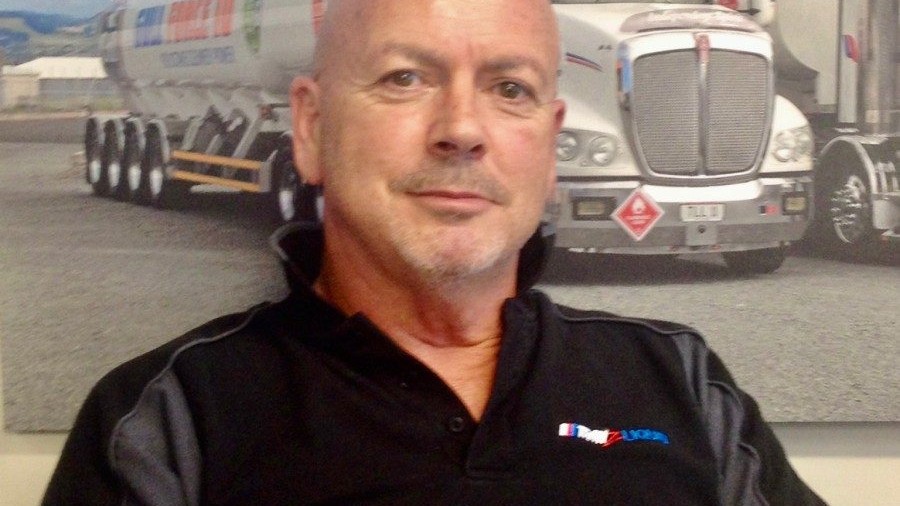A call for improved roading infrastructure: Securing our economic future

Op-ed by Greg Pert
With more than 35 years of industry experience, and as head of a major freight logistics company, I understand the intricacies of moving goods from one point to another, across the length and breadth of Aotearoa New Zealand and beyond.
Our task at its core is simple, yet essential: to transport the items that power our economy, from the food on our tables to the machinery that drives our industries. And to do this, we need roads – reliable, efficient, and well-maintained highways. The efficiency of our highway system is directly tied to our national productivity and economic health.
Reading National’s Transport For the Future announcement, there’s a glimmer of hope. They seem to understand that the need for improved roading infrastructure has never been more urgent, as laid in their Roads of National Significance.
One of those roads is the critical artery of State Highway 29. In short, this highway is literally the lifeline between our country’s largest port and the rest of Aotearoa. It is not a niche issue, but a national concern that affects every person in this country.
We need SH29 to be a priority. National gets that. Waka Kotahi, not so much. Their business case providing staged improvements to SH29 over an almost 30-year timeline is a real poke in the eye.
The SH29 chokepoint isn’t just an irritation for truckers or an inconvenience for motorists; it’s a real barrier to our country’s productivity. Every minute a truck sits idle in traffic, we lose potential growth. The longer goods are in transit, the slower our economy moves. Lost time can never be regained, and its cost is high – financial loss, missed opportunities for development, and increased costs passed on to the consumer.
I’ve heard all the arguments to get trucks off the road. But the reality is that while rail and maritime modes have their distinct merits – rail for bulk commodity products and ships for long hauls – neither can replace the door-to-door service provided by road transport. However, as our infrastructure ages and congestion increases, the transport industry is strangled, its once brisk pace slowed to a frustrating crawl.
Imagine a pipeline that delivers water to a bustling city. If that pipeline is narrow, rusted, and prone to leaks, the flow of water is diminished. It’s the same with our freight corridors. If they’re congested, poorly maintained, and inadequate for the volume of traffic they carry, the flow of goods is reduced. The cities and towns at the end of these corridors receive less, slowing their economic growth and hampering the national economy.
A nation’s economy depends on the efficient transport of goods. In our case, an investment in our roading infrastructure is an investment in our economic future. We must prioritise expanding and modernizing SH29, creating a dedicated freight corridor that can meet the demands of our growing economy. This is not a nice-to-have, but a necessity that, if left unaddressed, will continue to sap our productivity and economic vitality.
To mitigate these challenges, I call upon all New Zealand’s leaders to act. I urge them to view the enhancement of our roading infrastructure not as an expense, but as an investment (and do your numbers). We must explore innovative solutions, consider public-private partnerships, and marshal the resources needed to revitalise SH29 and our other vital freight corridors.
By improving our road infrastructure, we will ensure the free and efficient flow of goods, stimulate our economy, and secure our nation’s prosperity. In an era of unprecedented challenges, we cannot afford to let this issue slide.
Waka Kotahi, the time for action is now.
*Greg Pert is director of Tranzliquid, a bulk petroleum and specialised container cartage business based in Mt Maunganui.





